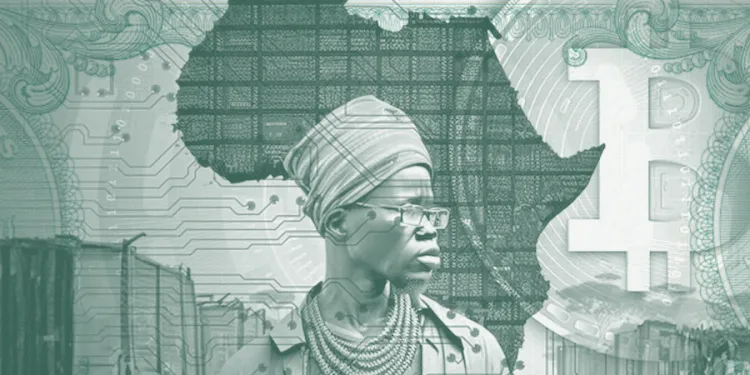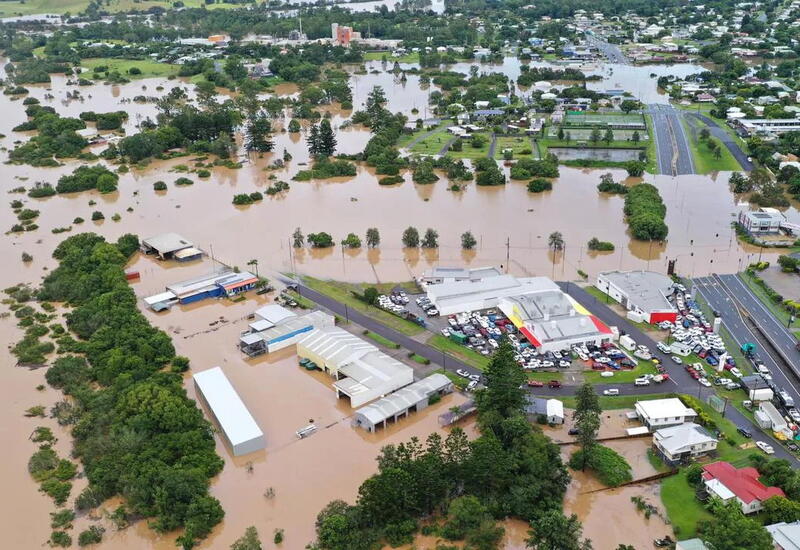Belgium Adopts Nigerian-Inspired Banking Standard
In a significant development that redefines conventional notions of technological leadership, Belgium is set to implement a crucial banking security measure, mirroring a system long established and perfected within Nigeria's financial landscape. Effective July 1, 2025, Belgian financial institutions will be mandated to verify that the name of a transfer recipient precisely matches the provided account number before processing any online transactions. This robust framework, celebrated as a substantial stride in combating financial fraud, directly emulates Nigeria's Biometric Verification Number (BVN) system, which the West African nation pioneered a full decade earlier in 2014.
The formal adoption by a high-income, digitally advanced economy like Belgium of a standard commonplace across Nigerian banks for nearly ten years has prompted considerable reflection among financial observers. This move challenges the traditional assumption that innovation primarily flows from developed "North" to developing "South." Nigeria, a nation frequently underestimated in global technology and financial discourse, indeed spearheaded biometric identity systems within its banking sector. The Central Bank of Nigeria (CBN) launched the BVN initiative with the dual objectives of aggressively combating financial fraud and significantly enhancing digital trust within its burgeoning financial ecosystem.
Collins Nweke, a prominent Nigerian-Belgian financial commentator and former Green Councillor in Ostend, articulated the profound implications of this development, describing it as both "revealing and instructive." Nweke emphasized that for individuals with ties to both European and African continents, Belgium's new policy represents a confirmation of an existing reality. "Nigeria embedded this in its banking DNA in 2014," Nweke stated, adding, "By 2018, it was already mandatory to match account names with numbers before completing transfers. It was visionary—and it worked."
Analysts suggest that while Belgium boasts a sophisticated digital infrastructure, it has ironically exhibited a slower pace in financial innovation, largely due to deeply entrenched legacy banking systems. In stark contrast, countries such as Nigeria have demonstrated remarkable agility, effectively "leapfrogging" traditional banking bottlenecks by embracing digital-first solutions. This rapid adoption was born out of a combination of urgent necessity and forward-thinking foresight. Nweke passionately reiterated that "The idea that innovation only flows from North to South is outdated," underscoring that "Nigeria and other African countries haven’t merely followed Western models—they’ve sometimes surpassed them."
Nigeria's groundbreaking contributions to fintech extend beyond the BVN. Its broader financial technology infrastructure, exemplified by the NIBSS Instant Payment (NIP) system, has fundamentally revolutionized the movement of money across the nation. The NIP facilitates secure, real-time transfers, making digital transactions commonplace even in remote rural areas with historically limited traditional banking access. Belgium's new policy, though a seemingly modest technical update, is widely interpreted as a quiet yet powerful endorsement of these African innovations.
Industry experts believe that this signals a pivotal shift in global attitudes regarding the origins of best practices in digital finance. "It’s no longer about GDP," Nweke asserted, "It’s about adaptability, urgency, and the courage to try what others deem improbable." Nweke also highlighted a striking paradox within Nigeria: its advanced digital banking capabilities stand in stark contrast to perceived complexities in its political processes. "We move billions of Naira across digital platforms instantly, yet we claim that transmitting election results electronically is too complex. It doesn’t add up."
Reflecting on his unique dual heritage, Collins Nweke views Belgium's embrace of BVN-like protocols not as a critique of its cautious development pace, but rather as a profound celebration of Nigeria's pioneering and leadership role in the realm of digital finance. His conclusion resonates strongly: "The lesson is clear. Africa can lead. And sometimes, the future of finance isn’t coming from Silicon Valley—it’s already thriving in Lagos."
You may also like...
How Africa's Youth are Forging a New Era of Governance and Transparency

From the Arab Spring's echoes to recent social movements, a tech-savvy generation of young Africans is using digital too...
How Nollywood is Rewriting the African Narrative on a Global Stage
(16).jpeg)
Nollywood is evolving beyond stereotypes and reshaping the global perception of Africa. From cultural preservation to st...
Beyond Commodities: Africa's Quiet Economic Revolution

Africa is rapidly diversifying its economies beyond raw materials. Discover how innovation in manufacturing, services, a...
Are NGOs Doing More Harm Than Good in Africa?

This bold, critical essay explores how foreign aid, dependency, and donor-driven agendas are stalling true progress. Fro...
Bitter Harvest: Why West Africa’s Cocoa Output Is Falling

West Africa, led by Ivory Coast and Ghana, is facing a cocoa production crisis. These nations, once producing over 2 mil...
Behind The Scenes Series(Part 8): Sarz, The Accidental Architect of Afrobeats
.jpeg)
How much do you really know about the voice behind your favorite sound: "Sarz On the Beat"
Can Comedy Save Africa?

It is often said that laughter is the best medicine, but is that all it is?
Who Is To Blame For Floods in Nigeria?

From local government budgets to digital tools tracking public spending, explore the root causes of flooding in Nigeria—...
(9).jpeg)


